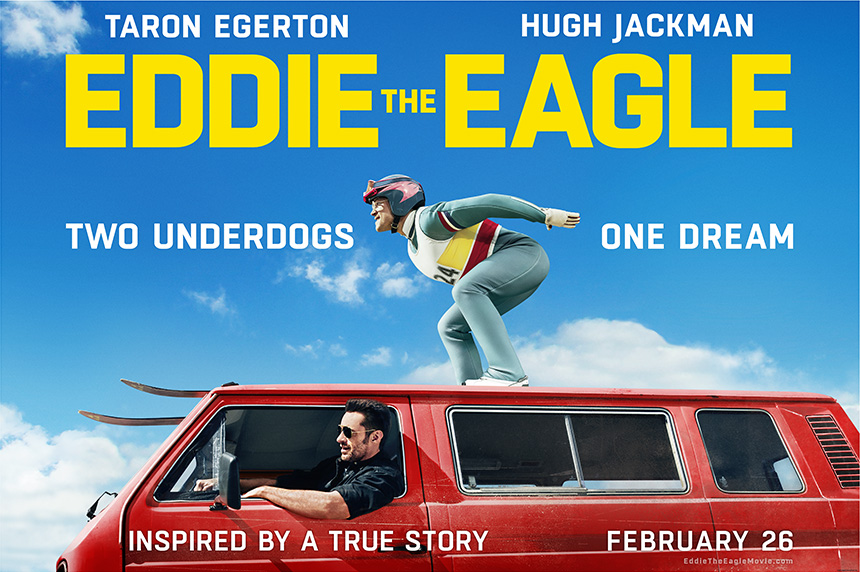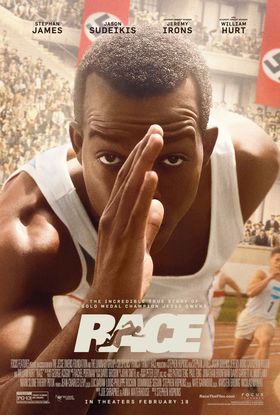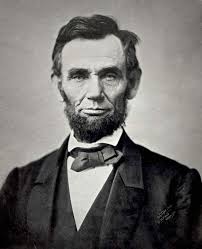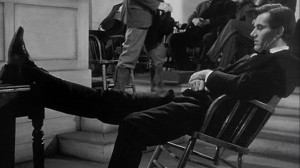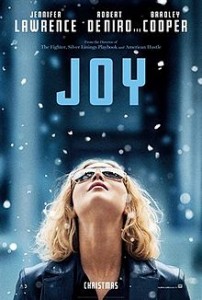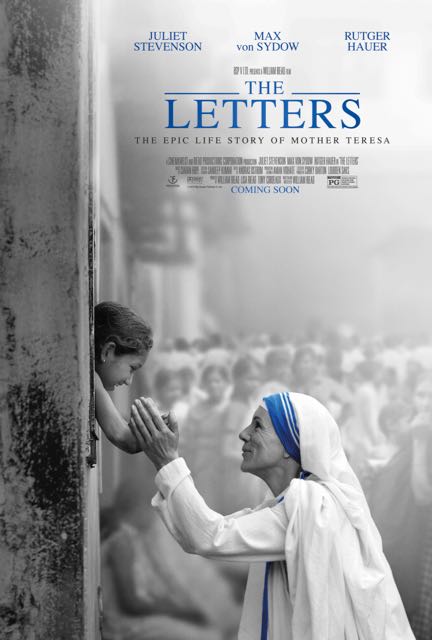Eddie the Eagle
Posted on February 25, 2016 at 5:28 pm

There are heroes who inspire us because they win, showing indomitable determination and courage, like Jesse Owens in Race. And then there are heroes who inspire us when they lose. They also have indomitable determination and courage. They just do not have any talent. But they go farther than anyone thinks they can. Think of “Rudy,” or “Cool Runnings,” or even the original “Rocky” movie. And now add Eddie the Eagle. He was a sickly boy with a dream of competing in the Olympics. When he was bumped from the British ski team, partly for being clumsy and lower class (at least in this film), he switches to ski jumping. There is one advantage: Great Britain does not have a ski jump team and has not competed in the event in 60 years. The rules had not been updated since then, so, unbelievably, anyone who competed successfully (meaning jumped without falling) could qualify. And since no one else was trying, all Eddie had to do was enter one competition and land on his feet.
The bad news was that he had to land on his feet after skiing down a 70 meter slide.
The real Eddie won hearts with his unpretentiousness and enthusiasm, the nickname dubbed in response to his waving his arms in glee and relief after making it down from the jump in one piece. He was refreshing in an era of product-izd athletes groomed from elementary school for endorsement deals and “Up Close and Personal” segments. At the end of the Games, he was the only athlete mentioned in the final speach, singled out for “soaring like an eagle.”
So it is too bad that the movie does something the real Eddie never did — it cheats. It does not trust the real story or the audience. So with the excuse of an “inspired by” credit rather than a “based on” implication of sticking closer to reality, it insists on amping up the ante with schmaltzy/cutesy made-up characters and events. Hugh Jackman brings tons of charm to the fictitious character of an angry, bitter guy who was once on the American ski jump team but got booted for drinking, women, and a bad attitude. Of course he will be inspired by Eddie’s unsullied determination and good attitude. Taron Egerton (“Kingsman: The Secret Service” and the forthcoming “Robin Hood: Origins”) makes Eddie believably awkward, but the character is nearly infantilized, limited to such a narrow range of qualities and emotions. The big showpiece athletic feat is amped up as well, when just the actual fact of climbing up 30 stories and sliding down it on two little sticks should be plenty.
Parents should know that this film includes illness and sport-related peril and injury, some sexual references, brief non-sexual nudity, smoking, alcohol abuse, and some strong language.
Family discussion: What made Eddie’s goals for himself reasonable ones? Why did Bronson decide to help him? How did helping Eddie change the way Bronson thought about himself?
If you like this, try: “Cool Runnings” and “Rudy”

